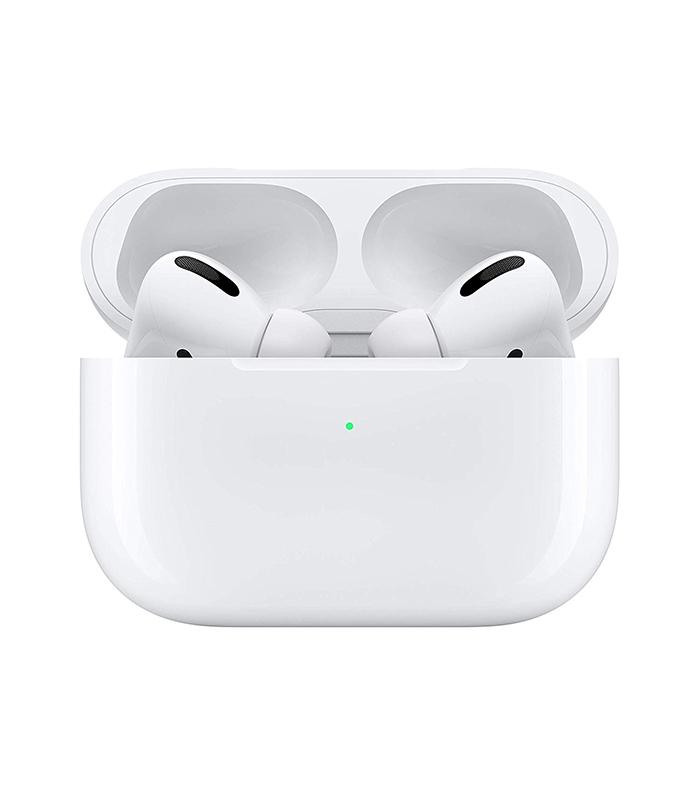17 Work Productivity Hacks That Will Get You That Promotion

When your to-do list at work is a mile long and you're dealing with a whole host of other things (like personal problems or feeling extra distracted for whatever reason), you probably have fantasies of running away to a remote tropical island and never speaking to your boss or co-workers ever again. Or is that just me?
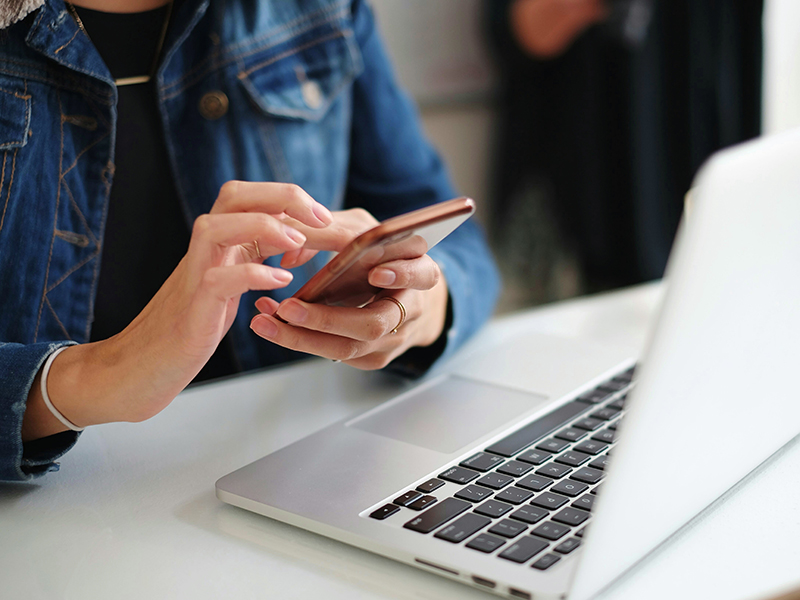
To put it simply, sometimes getting shit done at work can seem downright impossible. On top of your normal responsibilities, there are always some extra projects or tasks and maybe even the expectation of going above and beyond and doing something that wasn't even asked of you. Like, let me whip up this presentation or deck that you didn't ask for, but look how hard I'm trying and how innovative I am because I'm gunning for that promotion or raise!

Even if you love your job, sometimes you can feel like you're drowning. And, well, if you're not in love with your job, it's hard to stay focused and productive full stop. But the truth is you have to be "on" at work and make a good impression in order to get that promotion or raise you've been dreaming of, or recognition from your manager and co-workers, or maybe even to get out of your current work situation. And a big part of being "on" is making sure you're maximizing your productivity and time.
"Productivity means getting the stuff done that's important to you," says time management expert Laura Vanderkam, author of Off the Clock: Feel Less Busy While Getting More Done and Juliet's School of Possibilities. "Most people do best by planning out their days around priorities, doing their most important tasks when they have the most energy, and building in energy-boosting breaks when they need them."
How else you can stay productive? To help, we've outlined some expert tips below:
1. Figure Out Where Your Time Is Going
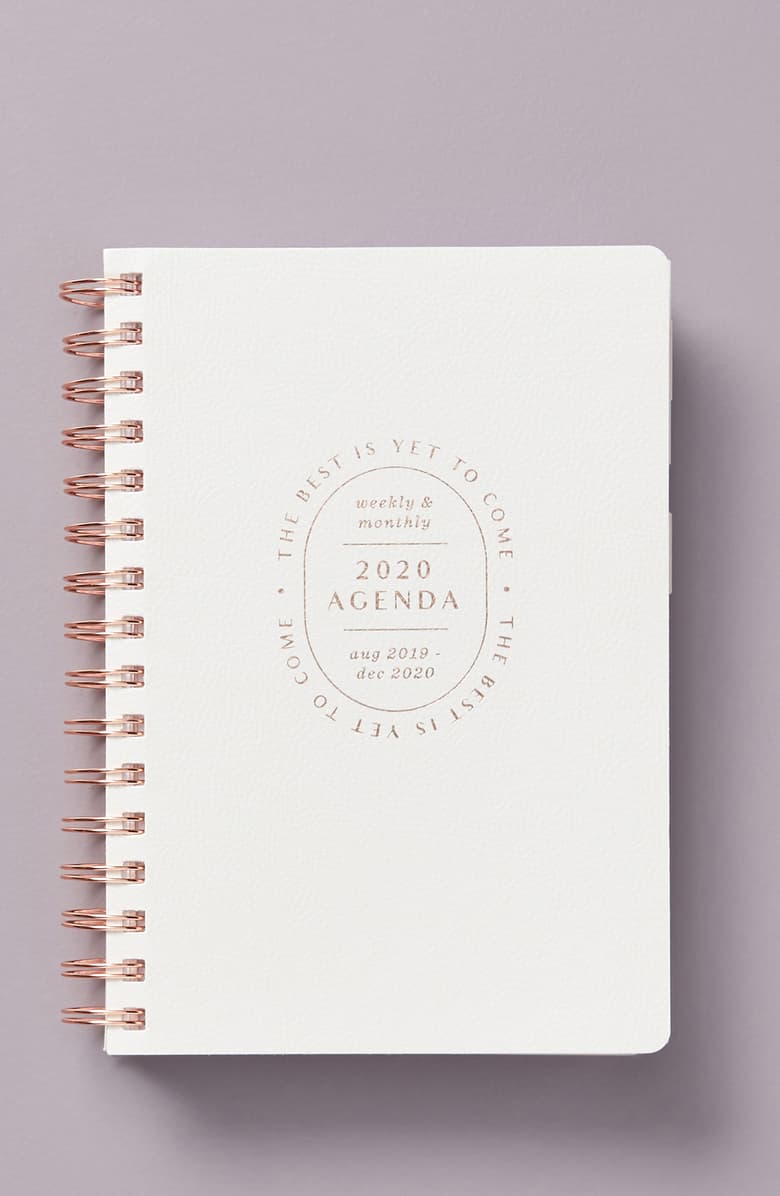
If you find that you have zero time to do anything at work, it might be helpful to take stock of how you're spending your time. "The first step in spending your time better is to figure out where it's going," Vanderkam says. "Time passes regardless of whether we think about how we're spending it, so being a bit more mindful can go a long way. Keep track of your time (maybe in 30-minute or 15-minute blocks) for a workweek and then study it afterward to see patterns."
2. Prioritize and Create a Game Plan for the Day
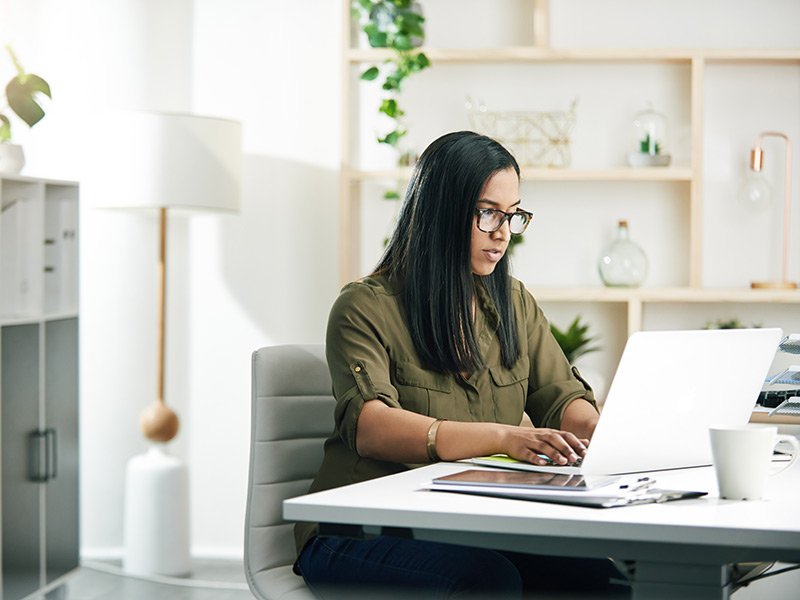
It's easy to feel so overwhelmed with all you have on your plate that you don't even know where to start. But Vanderkam says you should show up to work with a general idea of what you want and need to get done in the office.
"A surprising number of people show up on any given day with no clue what they plan to work on," she explains. "This can work, but for most people it results in spending the entire day responding to emails or Slack-type messages and then realizing, around 4 p.m., that something huge is due tomorrow. Not good."
3. Consider How You Work

"It is true that people work in different ways, and self-knowledge, in general, can contribute to productivity," Vanderkam says. "For instance, if you're introverted, and you've got three big meetings stacked up back-to-back in the morning, you're probably going to be drained. You'll need to figure out a way to boost your energy before you'll be able to tackle the rest of your workload. Or maybe you (like most people) have more energy in the morning after that first cup of coffee. If that's the case, you should plan your most important tasks for the morning. You can return routine emails in mid-afternoon when you're more tired."
4. Hide Your Phone

How many times do you check Instagram in a day and go into a black hole, only to come out of it and realize you have so many emails and Slack messages to respond to? To maintain your focus throughout the day, keep your phone at arm's length or stash it in a drawer if you can.
5. Limit Your Socializing

It makes work so much more fun when you like your colleagues, but sometimes socializing can ruin your productivity or put you behind. It's okay to catch up with your co-workers, but when you're busy or on deadline (or vice versa for your colleagues), try to be mindful of how much time you're spending chatting. Tell them you'll catch up during your lunch break, or suggest happy hour.
6. Stick to a Schedule
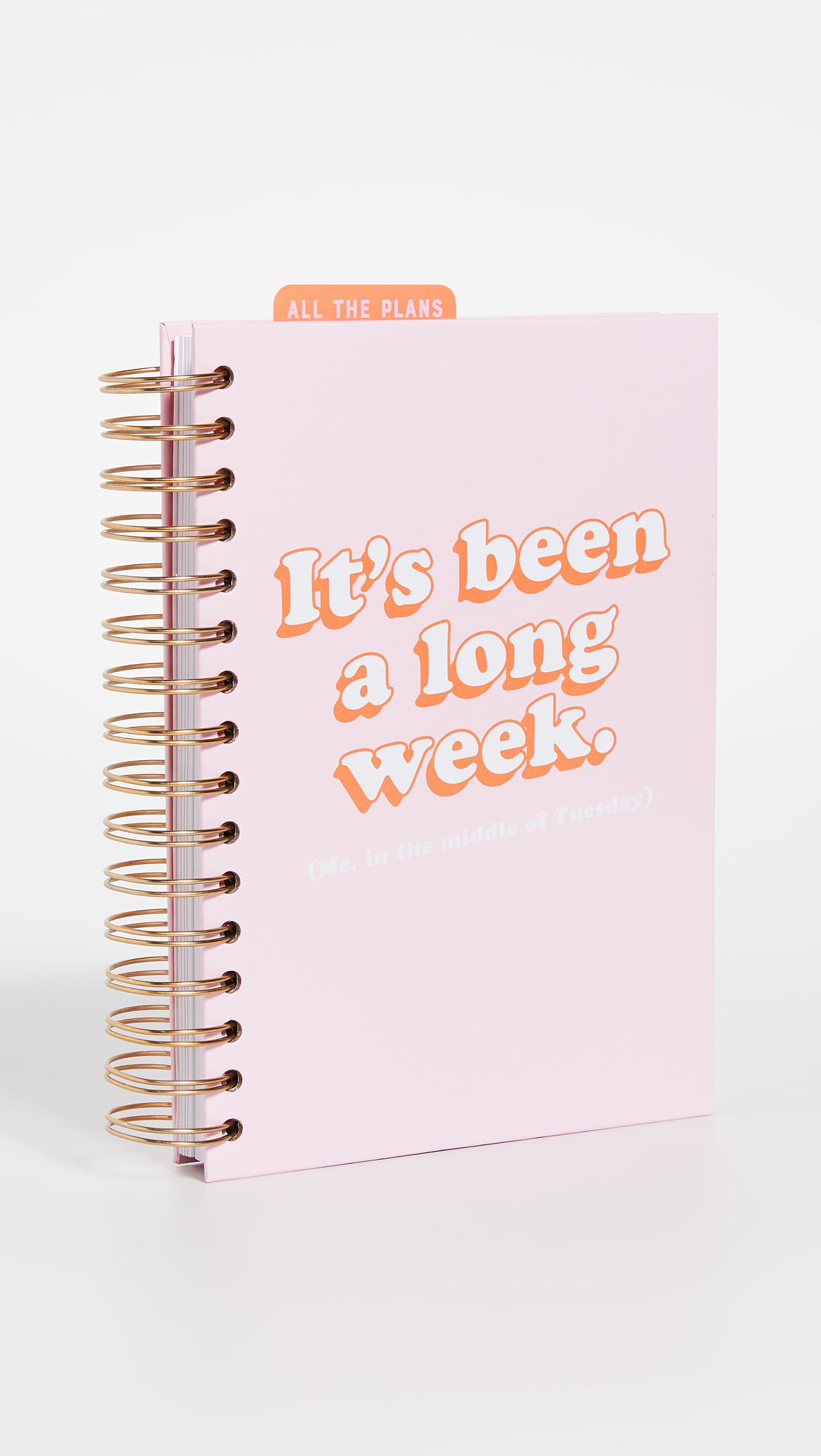
"Some distractions are unavoidable (boss stopping by), but others we inflict on ourselves," Vanderkam explains. "We tend to get easily distracted when we don't know what to work on next. But if you know that 10 a.m. to 11 a.m. is carved out for writing a certain report, and then 11 to 11:30 a.m. is carved out for returning two phone calls, then you don't lose intensity and energy deciding what to do. This means that one good way to avoid distractions is to give yourself a (rough) schedule for the next day, and a shortlist of tasks you'd like to accomplish before you leave work the previous day."
7. Monitor Your Energy

Your energy levels might be messing with your focus. Vanderkam suggests keeping track of them throughout the day. "If you find yourself drifting over to Facebook for 20 minutes, that's a sign that your brain needs a break," she explains. "Better to take a real break (by going outside for 15 minutes) than to take a fake one."
8. Change Locations

Sometimes a change of scenery can help you stay on task, or provide some inspiration or new ideas if you're feeling stumped. If there are different working spaces in your office and you have a laptop, get up from your desk and head to another area.
9. Listen to Music
10. Exercise
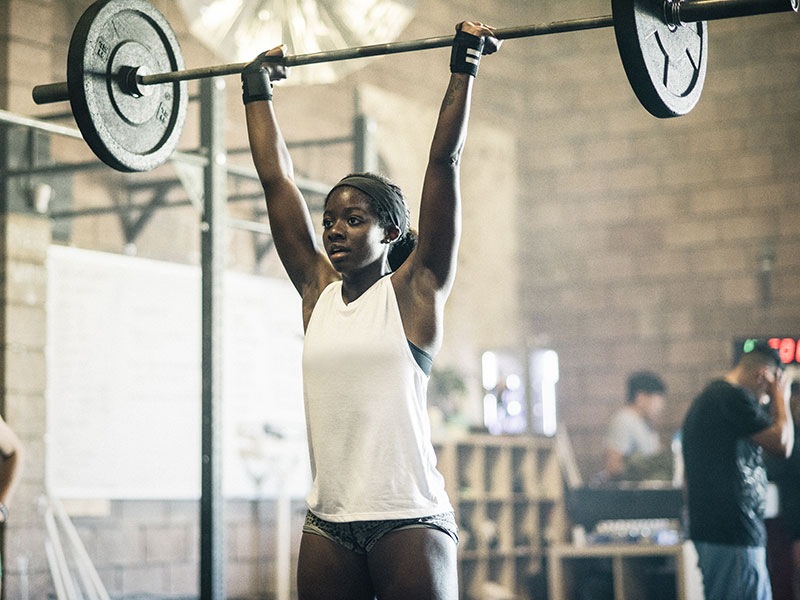
It pays to stay active in more ways than one. A study found that for those who worked out regularly, exercise helped re-energize and improved concentration. It also helped people de-stress, too.
11. Get Enough Sleep
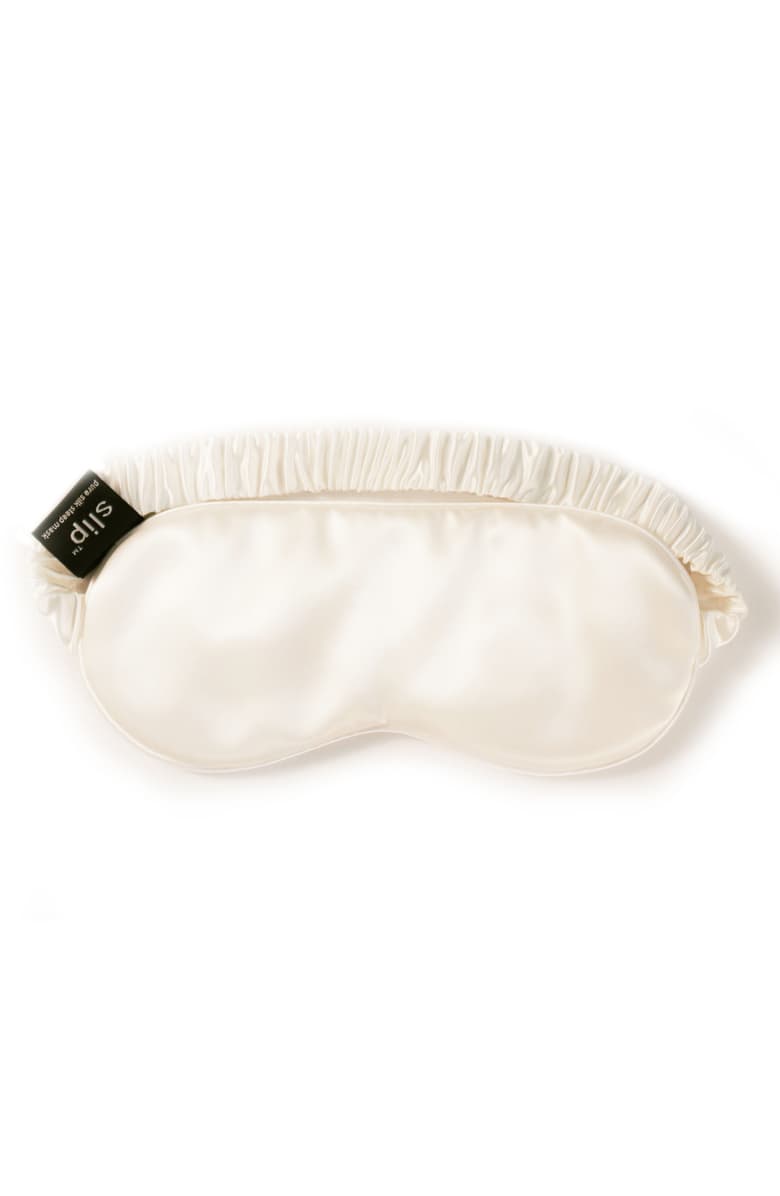
The National Sleep Foundation says that getting enough sleep can help productivity. When you're well-rested, you can recover from distractions easier, make better decisions, and have better memory.
12. Find Productivity Methods That Work for You
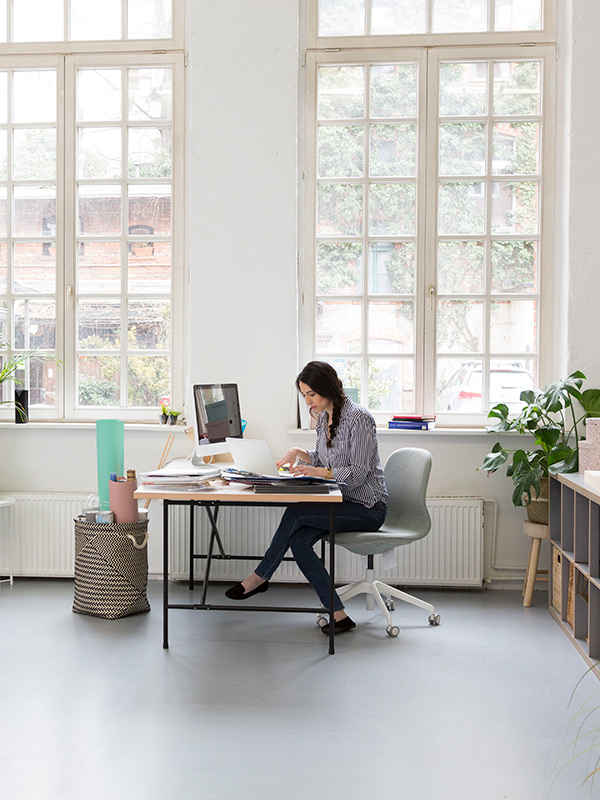
You might have read about different methods to improve productivity—it might be helpful to try a few out to see which one works for you. "Pomodoro can help some people," Vanderkam says. "Some others (who have control of their work schedules) are also big fans of time-blocking. I like to write in the morning, and then do calls in the afternoon, emails in the late afternoon. I don't always do that (because I have a newborn!), but it's a good schedule to adopt generally."
13. Write Things Down
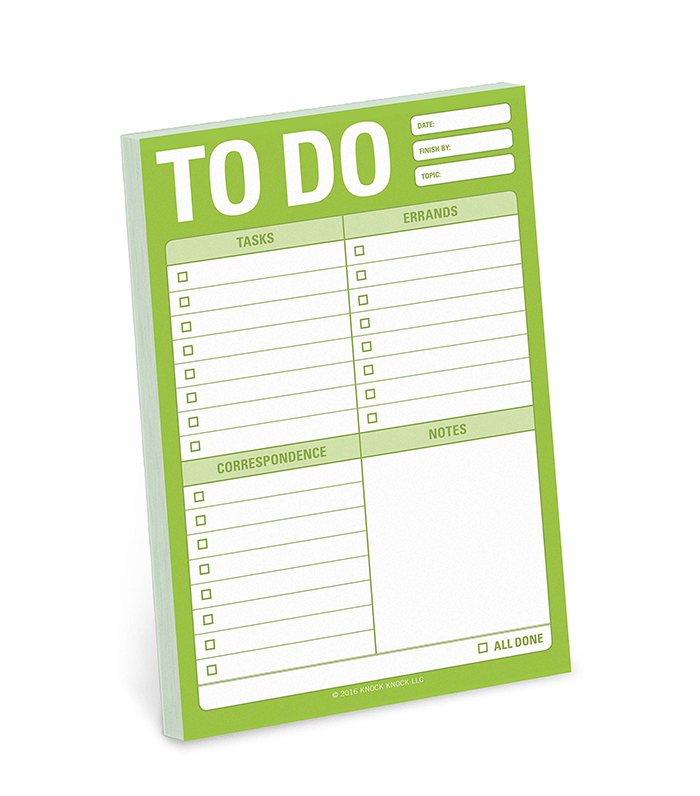
"If you find yourself distracted by thinking of other things you should do, just write these down," Vanderkam suggests. "Don't let yourself quit what you're doing to go look a statistic up—because then you'll cycle through the various web pages/apps you like to look at!"
14. Understand What Breaks Are

Breaks are definitely okay, but Vanderkam suggests keeping track of how many you take and realizing exactly what they are. To her, reading the news or looking at texts throughout the day can be considered breaks. "Just because you're sitting at your desk doesn't mean you aren't taking a break," she says. "The question is whether the break is rejuvenating or not. In general, taking a lunch is a good idea. Getting some physical activity and fresh air is wise. I'm a fan of that British tradition of tea time: A mid-afternoon break for socializing and something mildly caffeinated. If you take good breaks, you will naturally return more focused because that's the whole point of the break. If it doesn't do that, it wasn't a good choice."
15. Be Mindful of Multitasking

Most of the time, multitasking is a necessity when you've got a lot on your plate. But Vanderkam says you've got to be wise about it. "The only multitasking that works is when you're doing two things that require very different parts of the brain," she explains. "Think the walking meeting: Going for a walk outside with someone you need to meet with one-on-one. You're getting exercise and doing a meeting. Win-win! But trying to check email while you're on a conference call means you're not paying attention to one of those things. If the conference call is so unimportant that you can check email at the same time, you don't need to be on that call."
16. Work From Home Smartly

If you work from home, you have a whole host of other distractions that could disrupt your productivity. Vanderkam says if you need to do home tasks like the laundry, save that for your lunch break.
But most importantly, you should know when to log off. "Because there's no commute, there's no clear transition," she explains. "You can just keep on working all night—but you probably shouldn't. Try to set fairly standard work hours, so you have some time that is not work. Work can expand to fill the available space, so we become more efficient when there's a more defined space."
If you don't set boundaries, that could lead to fatigue or burnout, which will set your productivity and focus back.
17. Do What You Love

For some people that's easier said than done, but if you love what you do, you'll be more productive and inspired. "I find we also get less distracted when we're doing work we really enjoy," Vanderkam says. "You might not be able to do anything about this immediately, but it's something to pay attention to so that over time you can shape your job to feature more of the stuff you like and less of the stuff you don't."
Next up: 15 Ways to Keep Your Work Stress in Check
This article is provided for informational purposes only and is not intended to be used in the place of advice of your physician or other medical professionals. You should always consult with your doctor or healthcare provider first with any health-related questions.
Sarah is lifestyle writer and editor with over 10 years of experience covering health and wellness, interior design, food, beauty, and tech. Born and raised in Los Angeles, she attended New York University and lived in New York for 12 years before returning to L.A. in 2019. In addition to her work atBest Knockoff Luxury Clothing , she held editor roles at Apartment Therapy, Real Simple, House Beautiful, Elle Decor, and The Bump (sister site of The Knot). She has a passion for health and wellness, but she especially loves writing about mental health. Her self-care routine consists of five things: a good workout, “me” time on the regular, an intriguing book/podcast/playlist to unwind after a long day, naps, and decorating her home.
